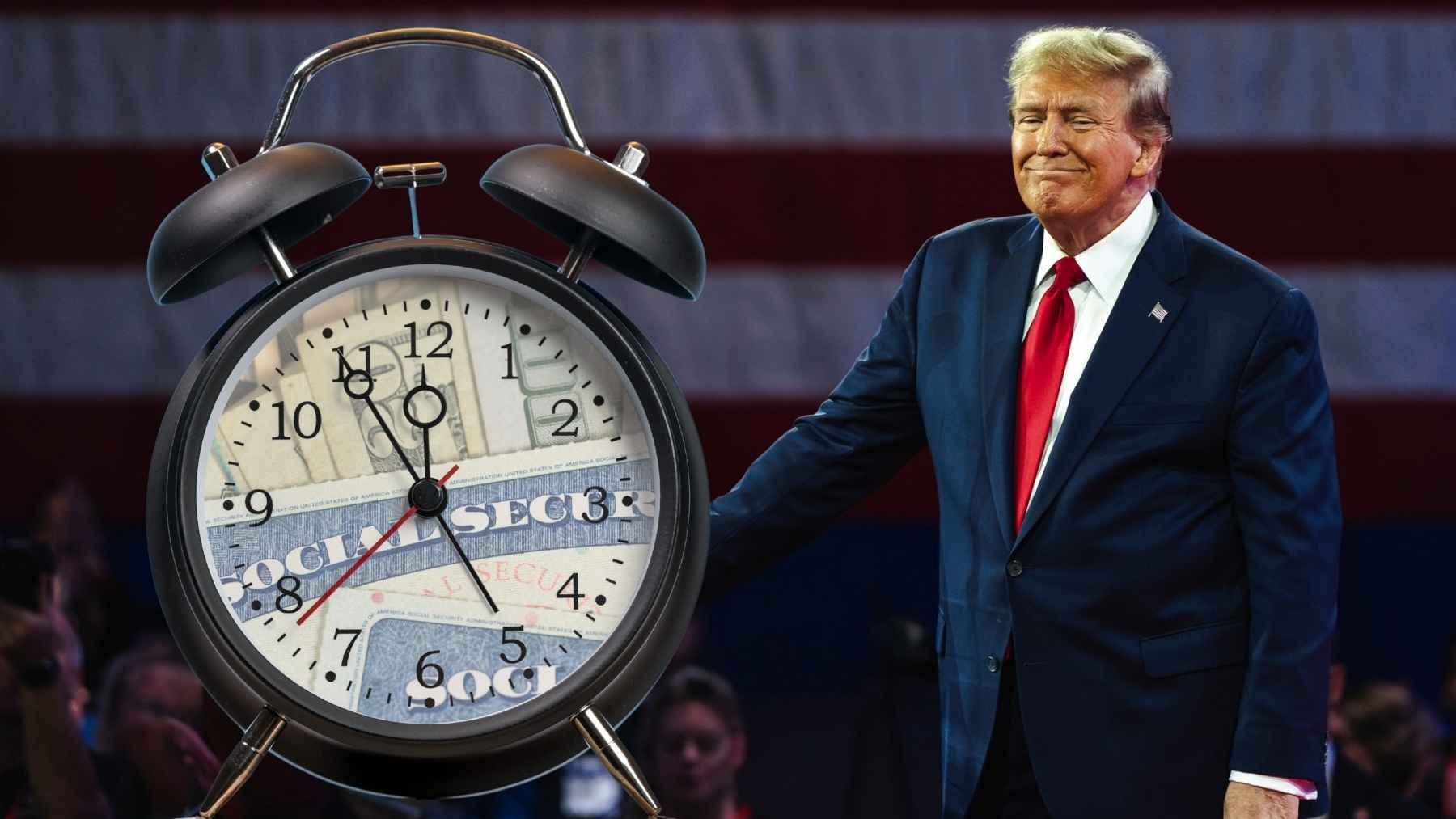In addition to Social Security Administration Commissioner Frank Bisignano’s plans to introduce AI to the agency, another bout digitization is coming to the Social Security Administration (SSA) but it might not be the best news for some of the more vulnerable recipients of the benefit program. A new executive order from President Donald Trump has revealed that the use of paper checks for federal disbursements will soon be brought to an end in favor of a complete shift to digital payment methods.
Here is what you need to know.
Goodbye to paper checks at Social Security
On March 25, 2025, President Trump issued an executive order titled “Modernizing Payments To and From America’s Bank Account”, in which it is stated that the use of paper-based payments by the Federal Government will be discontinued in the coming months.
In essence, the driving forth behind this decision is the maximization of efficiency and safety when issuing disbursements. According to the order, “mail theft complaints have increased substantially since the COVID-19 pandemic. Historically, Department of the Treasury checks are 16 times more likely to be reported lost or stolen, returned undeliverable, or altered than an electronic funds transfer (EFT).”
Whilst the vast majority of Social Security beneficiaries opted for direct deposit or electronic payment methods to begin with, there still remains close to half a million beneficiaries who receive their monthly benefits in paper check form via the mail. Now, however, the use of paper-based payment forms has been slated to come to an end as of September 30, according to the executive order.
“Digitizing Social Security and all government payments promises significant cost savings and efficiency gains,” Brandon Spear, CEO of payment services firm TreviPay, shared in a statement to Newsweek. “However, the September timeline presents logistical challenges—this will not be a fast thing to do as government agencies must navigate this complex transition while ensuring security and accessibility.”
Exemptions to the digitization
Generally speaking, digitization equates to increased efficiency, however, this transition could prove to be difficult to navigate for seniors who are not tech savvy or those who do not have access to the necessary electronic services.
In his statement to Newsweek, Spear explains that, “the government will need to contact with each individual Social Security recipient, receive bank deposit information, confirm that information is collected securely to prevent fraud, as well as communicate this oncoming change effectively to a demographic who may be skeptical about providing banking information this way.”
As such, exceptions will be made on a case-to-case basis in the following circumstances, as stated in the executive order:
- individuals who do not have access to banking services or electronic payment systems;
- certain emergency payments where electronic disbursement would cause undue hardship, as contemplated in 31 C.F.R. Part 208;
- national security- or law enforcement-related activities where non-EFT transactions are necessary or desirable; and
- other circumstances as determined by the Secretary of the Treasury, as reflected in regulations or other guidance.
“This abrupt shift away from paper Social Security checks will disproportionately harm seniors who lack digital access or confidence navigating online banking,” Matt Watkins, founder of Watkins Public Affairs, explained to Newsweek. “The timing is especially troubling given that the Trump administration is simultaneously cutting National Telecommunications and Information Administration (NTIA) digital equity funding. These resources directly support seniors, low-income households, and others facing barriers to digital adoption.”
Watkins further noted that “it is deeply ironic to demand full digital compliance while dismantling the very infrastructure designed to make that transition possible.”
“This isn’t efficiency; it is exclusion. Without expanded navigator programs, multilingual outreach, and phased implementation, we will see a spike in missed payments, call center backlogs, and preventable financial crises for some of our most vulnerable citizens,” Watkins claimed. “Families can help, but not every senior has someone to rely on. This is a costly and avoidable policy failure.”

